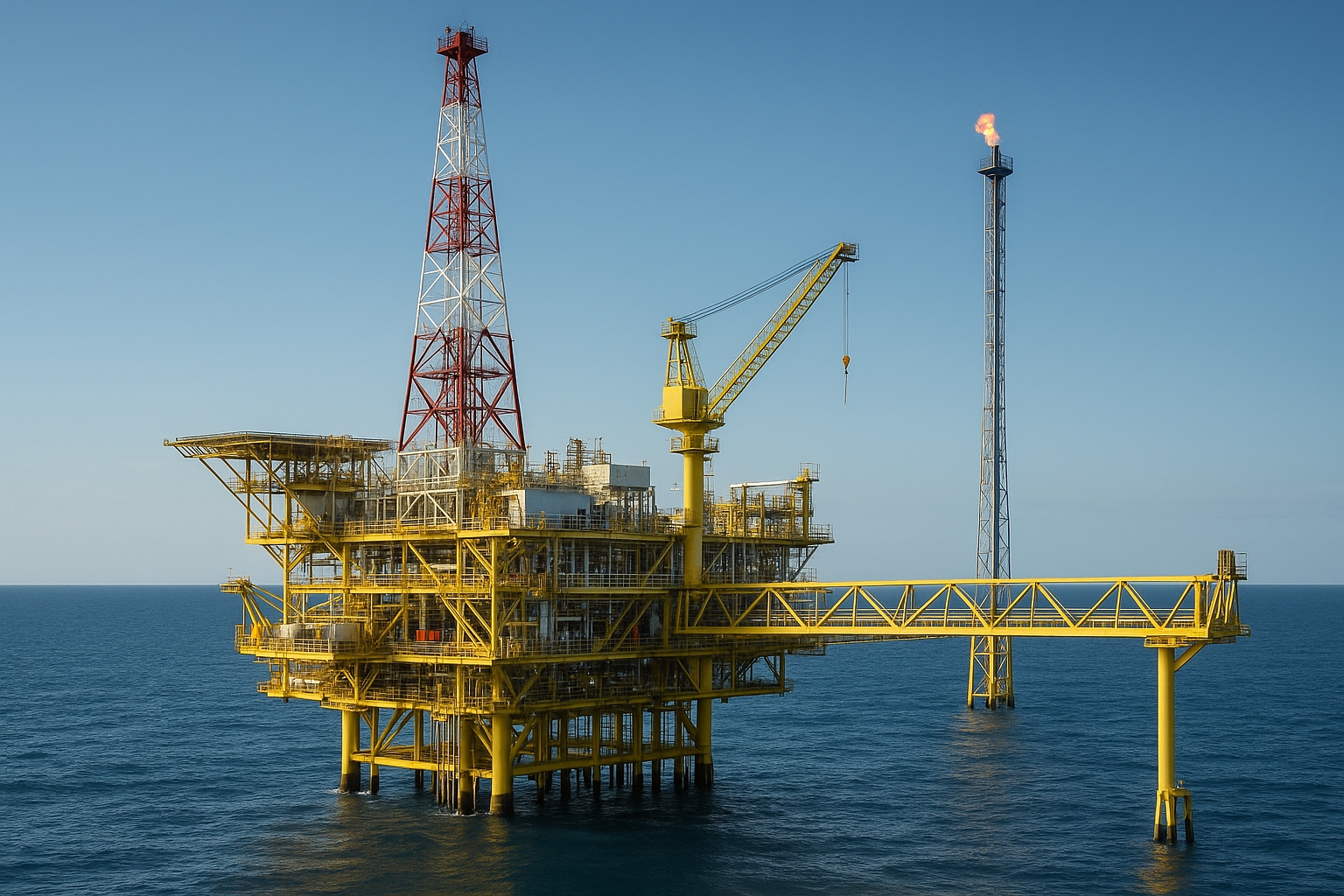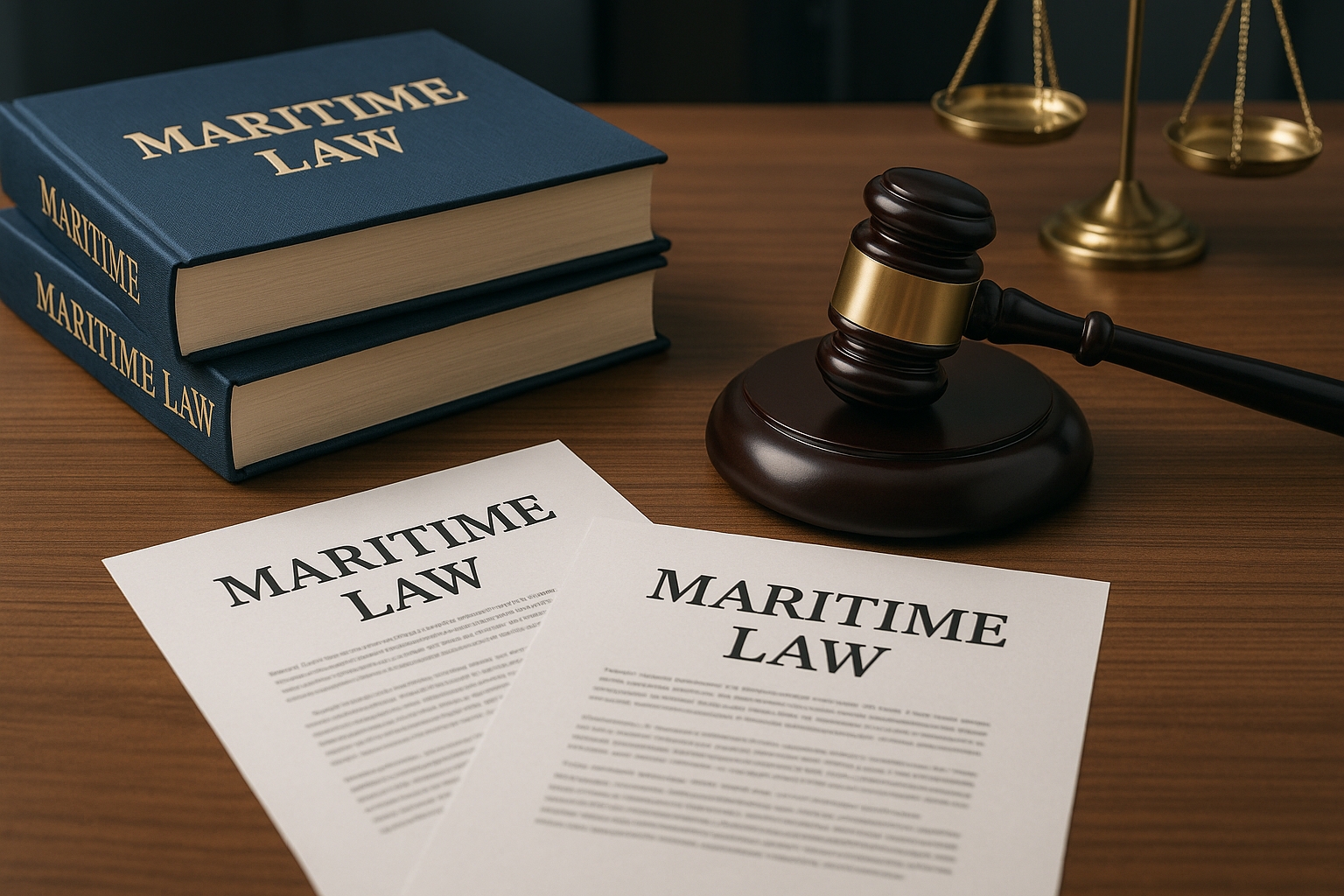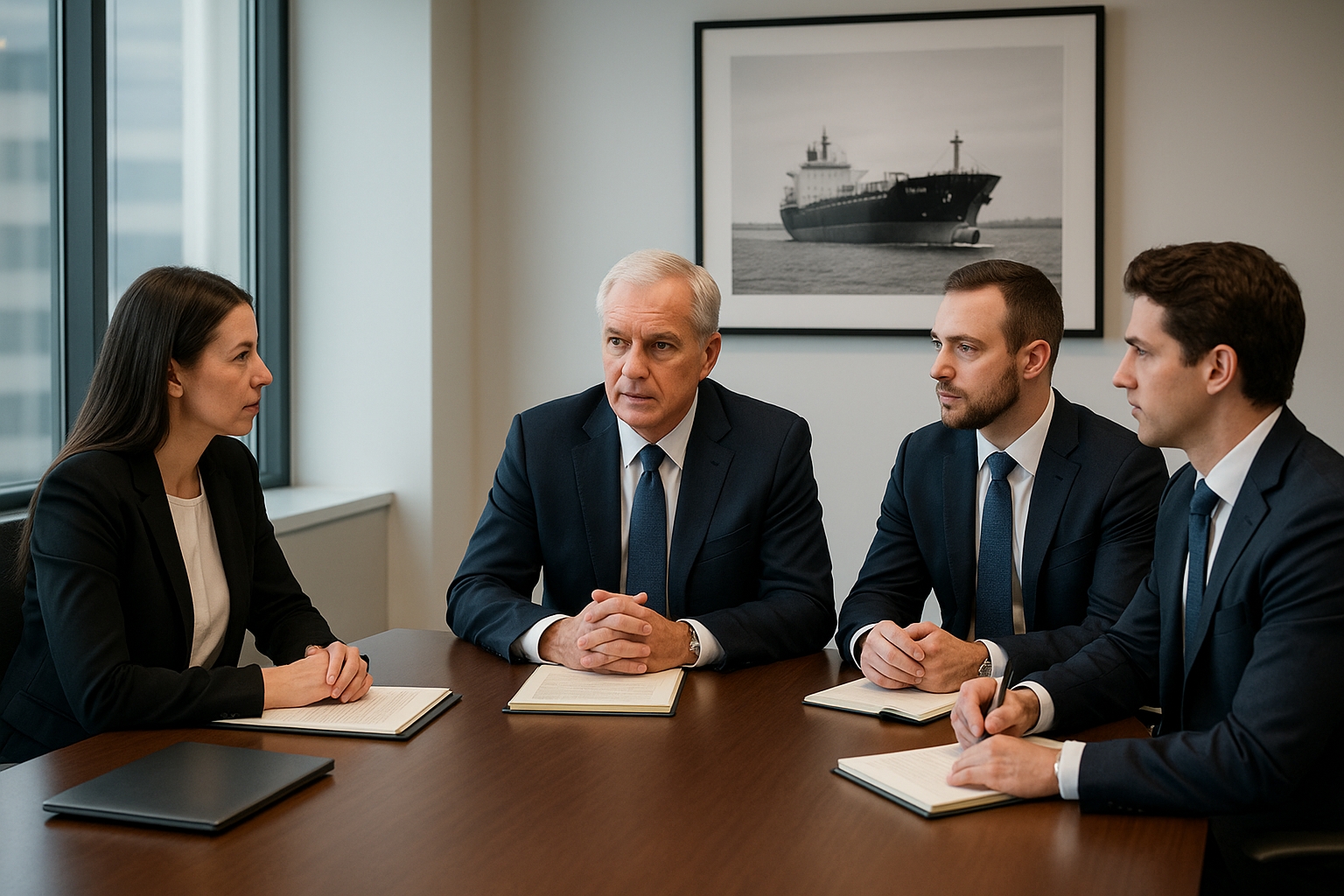Expert Maritime Legal Counsel
When accidents happen at sea or in port, the legal waters can be just as turbulent as the ocean itself. Whether you're a seafarer injured on the job, a shipping company facing litigation, or a business affected by maritime disputes, hiring a seasoned maritime lawyer in Houston is essential. Houston, as a global hub for the energy and shipping industries, is home to some of the most complex maritime legal cases in the United States.
This comprehensive guide dives deep into the world of admiralty law, exploring the role of maritime attorneys, the types of cases they handle, and why Houston is a critical jurisdiction for maritime legal matters.



